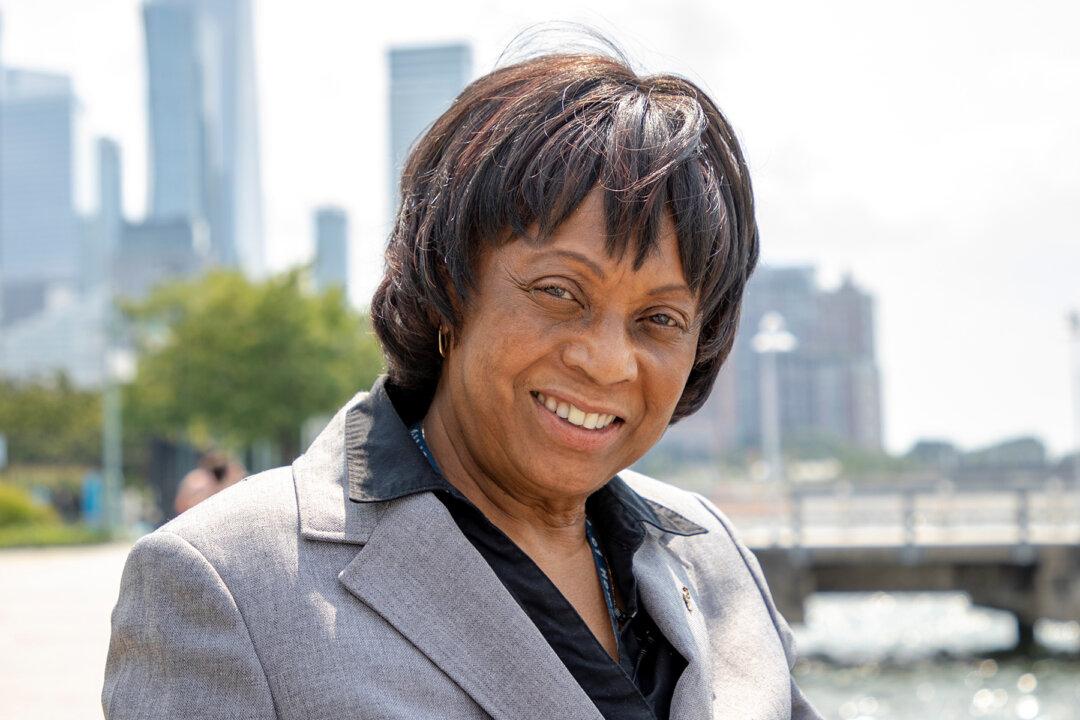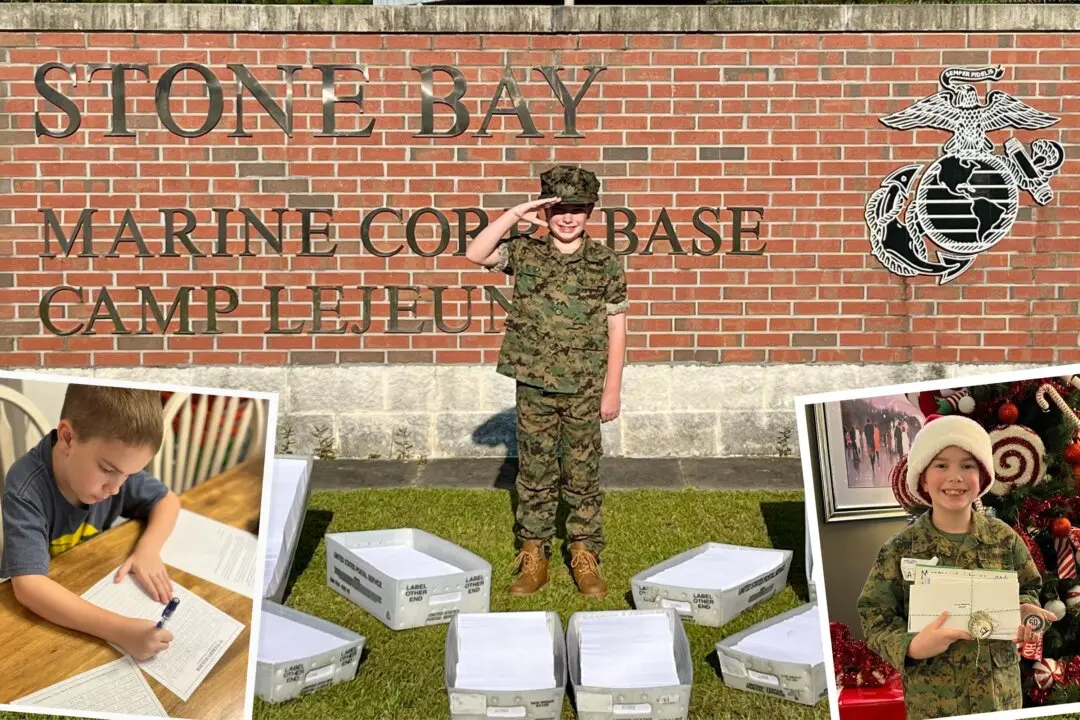When Grace Ridley was returning from work as a member of the New York Police Department (NYPD) on the morning of Sept. 11, 2001, she caught a glimpse of the Twin Towers. However, at that time, she was completely unaware that it would be the last time she would ever see them.
Now, 19 years later, the retired NYPD officer recalls what unfolded on that tragic day as the world came crashing down.






